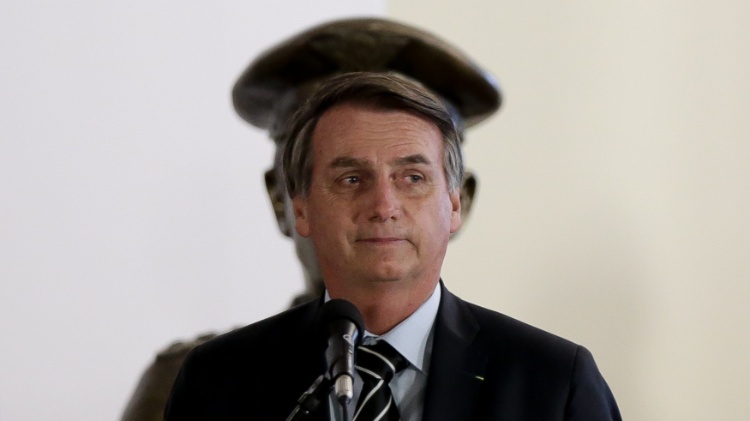Brazil is going through a process of “authoritarianism” and is considered one of five countries where democracy has suffered one of the world’s biggest shocks in the past decade. The alert comes from Sweden’s V-Dem Institute, a major think tank on the state of democracy that has evaluated hundreds of data from each country over decades. According to the study, the crisis of Brazilian democracy was no greater thanks to the actions of justice, which put the brakes on President Jair Bolsonaro.
For researchers at the center, Brazil is not a liberal democracy, as it faces challenges to ensuring that all standard rule of law criteria are met. In the entity ranking the state appears as an “electoral democracy” only.
Topping the rankings on the Democracy Index are Sweden, Denmark, Norway, Costa Rica, New Zealand, Estonia, Switzerland, Finland, Germany, Ireland, Belgium and Portugal.
In the humble 59th place, Brazil lost to countries like Ghana, Bulgaria, Senegal, Armenia, Romania, Cape Verde, South Africa and Sao Tome and Principe.
The V-Dem Institute, part of the University of Gothenburg, produces the largest global data set on democracy, with more than 30 million data points for 202 countries between 1789 and 2021. More than 3,700 academics and other experts from other countries participate, measuring V-Dem Hundreds of different features of democracy and, according to its representatives, allow for new ways of studying the nature, causes and consequences of democracy.
The institute states that Brazil is among the countries that have suffered the most from the erosion of democracy in the past decade, along with Hungary, India, Poland, Serbia and Turkey. In Latin America, Brazil is part of a group that considers El Salvador, Nicaragua, and Venezuela.
The deterioration of the country’s democracy has not only been greater due to the resistance of the Federal Supreme Court, in the face of pressure from Bolsonaro to delegitimize the electoral system.
Another feature of Brazil is the “toxic polarization” of the party system and political debate.
“For example, polarization in Brazil began to increase in 2013 and reached toxic levels with the electoral victory of far-right president Jair Bolsonaro in 2018. Since taking office, Bolsonaro has joined protesters in calling for military intervention in Brazilian politics. The shutdown of Congress and the court Supreme”. “Moreover, he promoted the widespread militarization of his government and the public’s distrust of the voting system,” the group said.
The erosion of democracy in the world and back to 1989
In the rest of the world, the situation is also considered worrying. According to the study, the level of democracy enjoyed by the average global citizen fell in 2021 to the levels of 1989.
He warned that “the past 30 years of democratic progress are now wiped out. Dictatorships are on the rise and are home to 70% of the world’s population – 5.4 billion.”
The entity estimates that liberal democracies reached their peak in 2012 with 42 countries in this qualification. But it is now at its lowest level in more than 25 years. Today, only 34 countries can be called liberal democracies, home to only 13% of the world’s population.
“Democratic decline is particularly evident in Asia and the Pacific, Eastern Europe and Central Asia, as well as parts of Latin America and the Caribbean,” he said.
Dictatorships are on the rise. The number of closed authoritarian regimes has risen from 25 to 30 countries, with 26% of the world’s population
But electoral tyranny is the most common situation, inhabiting 44% of the world’s population, or 3.4 billion people.



![[VÍDEO] Elton John’s final show in the UK has the crowd moving](https://www.lodivalleynews.com/wp-content/uploads/2023/06/Elton-John-1-690x600.jpg)


More Stories
A South African YouTuber is bitten by a green mamba and dies after spending a month in a coma
A reptile expert dies after a snake bite
Maduro recalls his ambassador to Brazil in a move to disavow him and expand the crisis